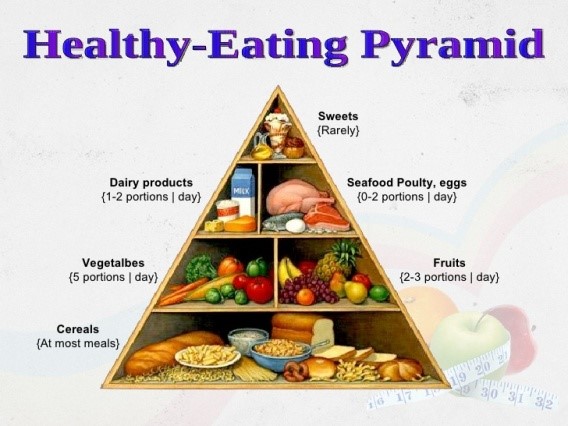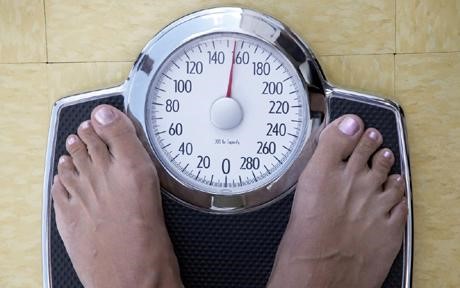- Camp Clinic : Monday to Friday : 7:30am - 9:30am & Evening : 5:30pm - 7:30pm
- Dhole Patil Clinic : Monday to Saturday 1:30pm - 4:30pm
Lifestyle Counselling
Whether you're at risk of obesity, currently overweight or at a healthy weight, you can take steps to prevent unhealthy weight gain and related health problems. Not surprisingly, the steps to prevent weight gain are the same as the steps to lose weight: daily exercise, a healthy diet, and a long-term commitment to watch what you eat and drink.

EXERCISE REGULARLY
You need to get 150 to 300 minutes of moderate-intensity activity a week to prevent weight gain. Moderately intense physical activities include fast walking and swimming.
FOLLOW A HEALTHY-EATING PLAN
Focus on low-calorie, nutrient-dense foods, such as fruits, vegetables and whole grains. Avoid saturated fat and limit sweets and alcohol. Eat three regular meals a day with limited snacking. You can still enjoy small amounts of high-fat, high-calorie foods as an infrequent treat. Just be sure to choose foods that promote a healthy weight and good health most of the time


KNOW AND AVOID THE FOOD TRAPS THAT CAUSE YOU TO EAT
Identify situations that trigger out-of-control eating. Try keeping a journal and write down what you eat, how much you eat, when you eat, how you're feeling and how hungry you are. After a while, you should see patterns emerge. You can plan ahead and develop strategies for handling these types of situations and stay in control of your eating behaviors.
MONITOR YOUR WEIGHT REGULARLY
People who weigh themselves at least once a week are more successful in keeping off excess pounds. Monitoring your weight can tell you whether your efforts are working and can help you detect small weight gains before they become big problems.


BE CONSISTENT
Sticking to your healthy-weight plan during the week, on the weekends, and amidst vacation and holidays as much as possible increases your chances of long-term success.
SLEEP WELL
Getting 6-8 hours sleep is necessary to get rid of physical or mental stress. Poor sleep is strongly linked to weight gain. Studies show that sleep-deprived individuals have a bigger appetite and tend to eat more calories. Those sleeping less than 6 hours per night have repeatedly been shown to be at an increased risk of type 2 diabetes


Click here
for Clinic Appointment


